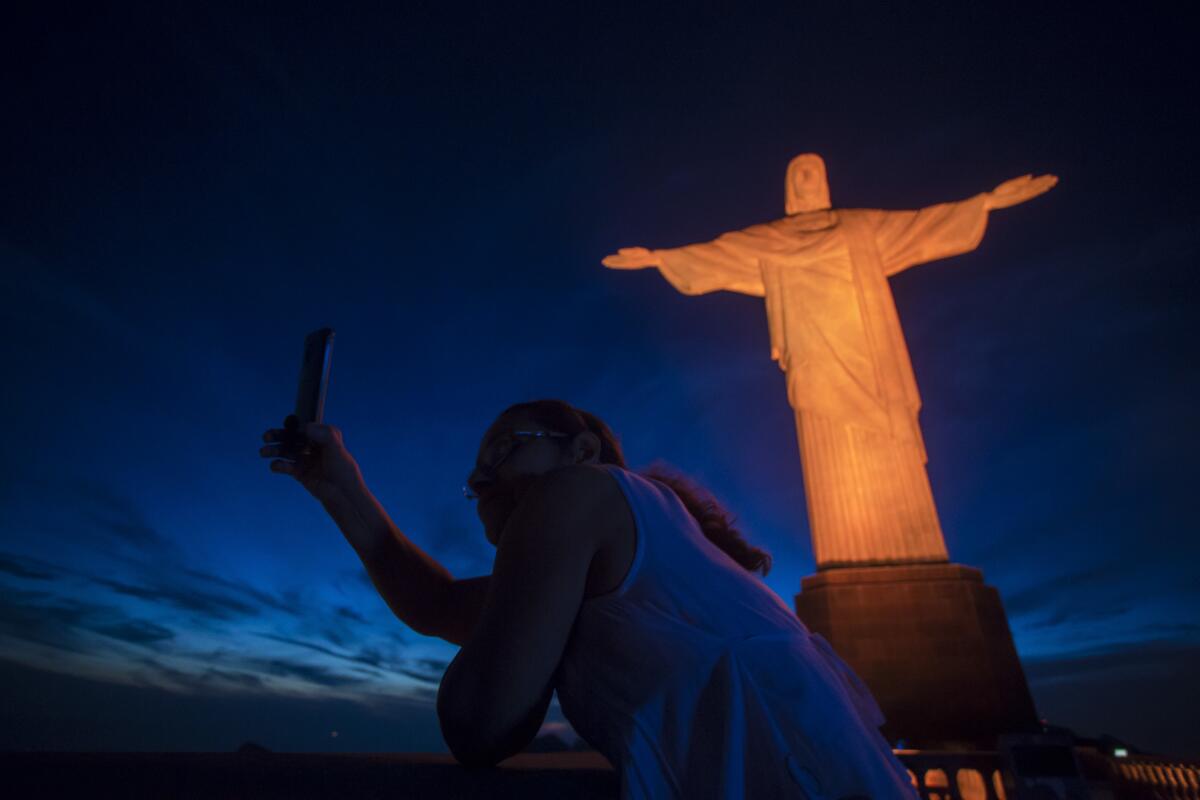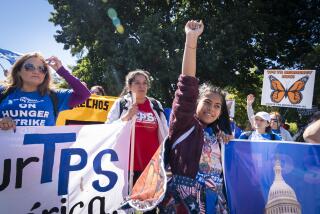Brazil again extends visa exemptions for U.S., Canada and Australia, this time until 2025

RIO DE JANEIRO — Brazil’s government extended exemptions to tourist visa requirements for citizens of the U.S., Australia and Canada until April 2025, extending a program aimed at boosting tourism that had been scheduled to end Wednesday.
The decision, issued by Brazilian presidency and the Ministry of Foreign Relations late Tuesday, marks the third time Brazil has delayed the visa requirement since President Luiz Inácio Lula da Silva took office in 2023.
His predecessor, Jair Bolsonaro, exempted the countries from visas as a means to boost tourism — although all three countries continued to demand visas from Brazilians.
That went against the South American country’s tradition of requiring visas from travelers based on the principle of reciprocity and equal treatment, and prompted Lula’s Foreign Ministry to say it would scrap the exemptions.
U.S. citizens will no longer need a visa to get into Brazil, Brazil Tourism said Wednesday.
“Brazil does not grant unilateral exemption from visiting visas, without reciprocity, to other countries,” the ministry said at the time, while noting that the government stood ready to negotiate visa waiver agreements on a reciprocal basis. It did reach a deal with Japan to ease travel provisions.
The decision to maintain exemptions for the three countries is important for boosting tourism in Brazil, notably from the U.S., Brazil’s official tourism board Embratur said in a statement Tuesday.
Official data shows that nearly 670,000 Americans visited Brazil in 2023, making the U.S. the second-largest country of origin after neighboring Argentina.
The government initially postponed the reinstatement of the visa requirement in October, then again in January. At the time, the government said it was still finalizing a new visa system and wanted to avoid implementing it close to the high season, mainly during the New Year’s celebrations and Carnival festivities in February, which attract tens of thousands of tourists.
Sá Pessoa writes for the Associated Press.
More to Read
Sign up for Essential California
The most important California stories and recommendations in your inbox every morning.
You may occasionally receive promotional content from the Los Angeles Times.









